BLOG
Categories
Benefits of In-Home Family Coaching for Adoptive Families: Enhanced Bonding and Support
Understanding Adoptive Family Dynamics
Adoptive families face unique dynamics as they work to build strong bonds and provide a supportive environment.
Addressing emotional development and recognizing risk factors are vital for the well-being of all family members.
The Importance of Stable Family Relationships
Stable family relationships are crucial for adoptive families. They help support a child's emotional development and well-being.
Building trust is important, as adopted children may have experienced past trauma or instability.
Consistent routines and open communication can strengthen these relationships.
You can use methods like family coaching to enhance understanding and improve interactions.
Ensuring a stable environment reduces child welfare concerns and promotes healthy growth. It provides a foundation for children to feel secure and valued in their new home.
Recognizing Common Challenges for Adoptive Families
Adoptive families often face challenges that require attention and understanding.
Adoptees may experience identity issues, emotional struggles, or attachment difficulties. These can impact their interactions with other family members.
Being aware of these challenges can help you address them effectively.
Professional support, like therapy or family coaching, can be helpful.
It equips families and individuals with tools to handle these situations.
Recognizing and addressing these challenges early can lead to a more harmonious home life.
This awareness is key to helping children thrive in their new family setting.
Fundamentals of In-Home Family Coaching
In-home family coaching offers adoptive families personalized support. It aims to boost parenting skills and foster a nurturing home environment.
The key fundamentals involve guidance through specific roles and methodologies.
Roles and Goals of Family Coaches
Family coaches play a vital role in your home visits.
Their main goal is to improve your parenting skills and provide parenting support tailored to your family's needs.
They focus on identifying strengths and overcoming obstacles.
Coaches work closely with you to create a supportive environment where everyone feels heard and valued.
Through home visits, coaches can directly observe interactions and offer practical advice.
They guide you in setting achievable goals, making sure to hold everyone accountable, which strengthens family bonds over time.
You will benefit from both immediate feedback and long-term strategies designed to enhance your family's well-being.
Evidence-Based Coaching Methodologies
Coaches use evidence-based methods to ensure the effectiveness of their guidance.
These techniques help families by offering proven tools to address challenges specific to adoption.
The methodologies often draw from established psychological theories and practices.
One popular approach involves structured sessions that focus on communication improvement.
Coaches provide technical assistance and teach methods that encourage positive interactions.
They might also use data-driven techniques to track progress and adapt their strategies to fit your family's unique situation.
This practical approach aims to create lasting changes in how families work together, leading to a more harmonious home life.
Enhancing Parenting Skills and Education
In-home family coaching can significantly boost your skills as a parent. It not only refines your parenting style but also incorporates educational tools to aid your child's development.
Promoting Effective Parenting Styles
Effective parenting styles are vital for adopting families to create a supportive environment. A coach helps you learn which style best suits your family's needs.
Authoritarian and permissive styles may not always be practical.
Instead, a responsive approach, focusing on active listening and open communication, can build stronger relationships.
A coach can guide you to set boundaries while allowing space for children to express themselves.
This balance fosters mutual respect and aids in adapting to new family dynamics.
You'll learn ways to manage stress and communicate effectively to nurture a loving home atmosphere.
Integrating Educational Resources for Development
Educational resources are crucial for child development and school readiness.
Coaches often introduce you to materials and activities tailored for different age groups, from early head start programs to advanced learning materials.
You'll discover books, games, and online platforms that support cognitive skills and social-emotional growth.
These resources help adoptive families address specific learning needs effectively.
Incorporating educational strategies allows for continuous learning at home, aligning with your child's pace and interests.
You can foster a love for learning by creating a stimulating educational environment that combines everyday life experiences with structured activities.
Accessing Community Support and Resources

When you're building a strong family, community resources provide valuable help. They offer ways to connect with other adoptive families and share experiences. This support creates a network you can count on.
Family support services are important. They give advice on managing challenges you might face.
They also offer tools to improve your parenting skills, helping you understand your child's needs better.
Community supports can make a difference in achieving economic self-sufficiency.
By offering job training and financial planning advice, these resources aim to help you create a stable home environment.
Prevention programs focus on stopping potential problems before they start.
These programs educate families about healthy relationships and effective communication, which can strengthen family bonds.
Connecting with local organizations can be helpful. Many offer workshops or seminars. Some even provide in-home services tailored to the unique needs of adoptive families.
List of Potential Resources:
- Parent & Caregiver Support Groups
- Family Coaching Services
- Job Training Programs
- Financial Planning Workshops
- Prevention Programs
Exploring these resources can enhance your ability to offer a loving and supportive home for your child. Make use of the available community support to ensure your family thrives.
Addressing Specific Needs and Disorders

In-home family coaching can be essential for adoptive families, especially when addressing specific challenges like autism spectrum disorders, ADHD, and behavioral issues. Effective strategies can support child health while managing difficult situations such as domestic violence and substance abuse.
Support Strategies for Autism Spectrum and ADHD
Children with autism spectrum disorders or ADHD often face unique challenges that require tailored support.
It is beneficial to establish structured routines, as consistency helps reduce anxiety and improve focus.
Utilize visual schedules and clear, concise instructions to assist with transitions and expectations.
Encourage positive reinforcement by celebrating small achievements, which can boost self-esteem and motivation.
Including the child in sensory activities can help them regulate emotions and energy levels.
Family coaching can guide parents in developing communication techniques to better connect with their children.
Understanding triggers and coping mechanisms can help manage emotional responses.
Family coaches can help you learn to identify what works best for your child's needs.
Managing Behavioral Challenges
Adoptive families may experience a variety of behavioral challenges such as oppositional defiant disorder (ODD).
Consistent and firm boundaries are vital to create a structured environment that discourages disruptive behavior.
Open communication between family members encourages mutual respect and understanding.
Positive discipline techniques like time-outs and natural consequences can be more effective than punitive measures.
Family coaching provides tools to deescalate conflicts and improve problem-solving skills.
Behavior charts with clear rewards for good behavior can help motivate and engage children.
Collaborative problem-solving with your child can also encourage accountability.
By working together, you can address underlying issues that contribute to challenging behaviors.
Preventing and Dealing with Domestic Violence and Substance Abuse
Domestic violence and substance abuse are serious issues that can impact child health and well-being.
Family coaching offers preventative strategies to address these situations before they escalate.
Creating a safe and nurturing environment is crucial.
Coaches can help families establish open dialogue, where each member feels heard and valued.
This openness can prevent misunderstandings that lead to conflicts.
When substance abuse occurs, it’s important for families to seek professional help.
Family coaches support you in recognizing signs early, providing access to resources, and developing coping skills to handle stress without resorting to harmful behaviors.
Ultimately, building strong family bonds can serve as a protective shield against these serious challenges.
Frequently Asked Questions

In-home family coaching offers adoptive parents strategies to foster better family dynamics. It supports the unique needs of adoptive families and promotes positive outcomes for both parents and children, aiding integration and personal development.
What are the primary advantages of utilizing in-home family coaching for adoptive parents?
In-home family coaching provides practical tools and assistance directly within your home.
It offers personalized support that caters to the specific needs of adoptive families, helping to reduce stress and improve parenting skills.
How does in-home family coaching impact the social development of adopted children?
Coaching enhances the social development of adopted children by building strong attachments and emotional regulation.
This supportive environment helps children develop confidence and form healthy relationships, which are crucial for their overall growth.
In what ways can family coaching provide support for the unique challenges faced by adoptive families?
Adoptive families face many unique challenges. Family coaching addresses these by offering tailored guidance and support.
It helps manage the complexities of adoption, such as integrating new family members and understanding the unique backgrounds of adopted children.
What roles does a family coach play in the successful integration of an adopted child?
A family coach plays a vital role in the integration process.
They help establish routines, encourage open communication, and support building trust within the family, all of which are crucial for the seamless integration of an adopted child into the family unit.
Why is parent coaching considered critical in the context of adoption?
Parent coaching is essential because it equips you with the skills needed to handle the specific needs of adopted children.
It ensures that you can provide a supportive and nurturing environment, which is fundamental for the well-being and adjustment of your adopted child.
What approaches do family coaches use to enhance family dynamics in adoptive homes?
Family coaches use various approaches. These include attachment theory and emotional regulation techniques. These methods aim to strengthen family bonds, improve communication, and create a stable home environment. This environment fosters positive interactions among all family members.
RECENT POSTS
Bringing and keeping families together!










